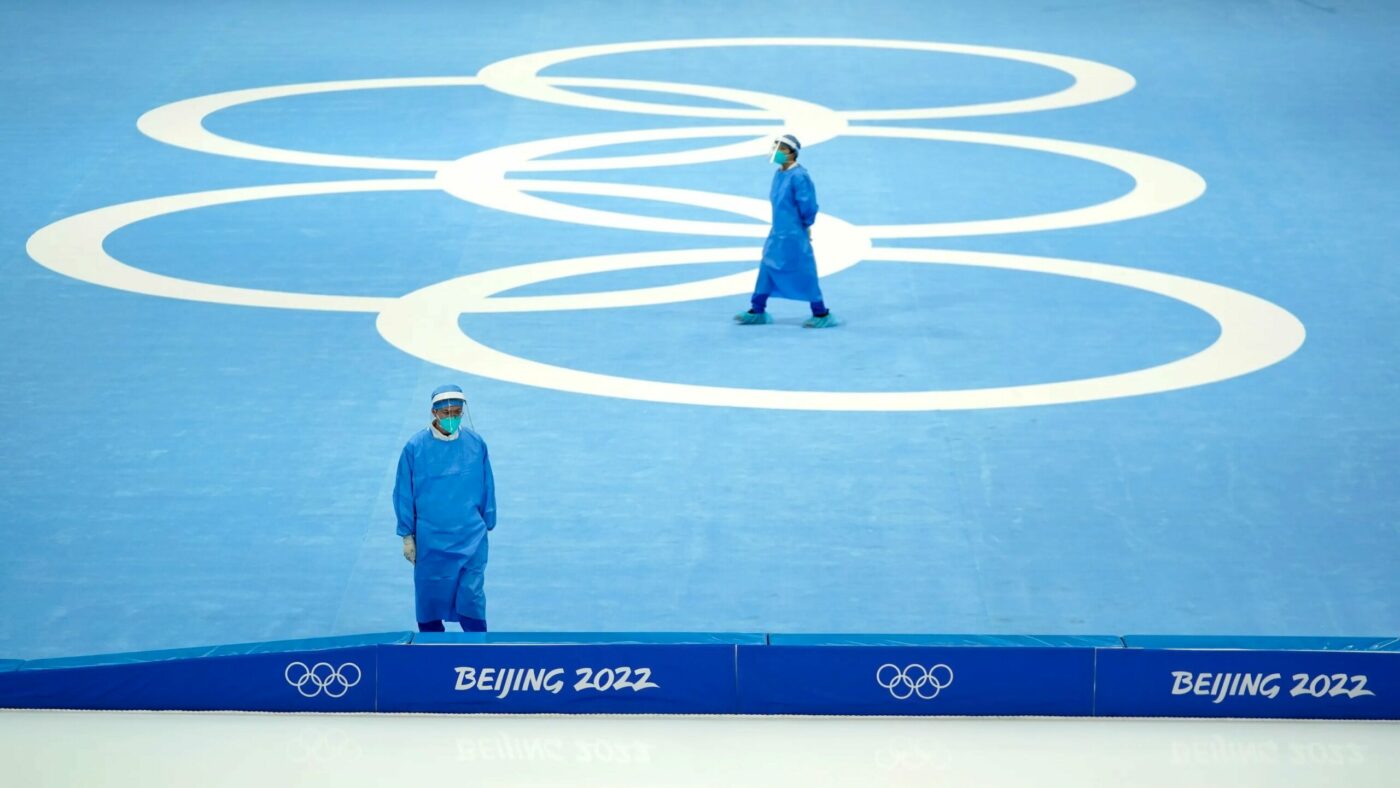A new report from Business Insider has claimed the upcoming Beijing 2022 Winter Olympic Games, which are due to start on 4 February, could cost China more than US$38.5 billion (AUD$54 billion) to host.
The report follows an initial projection from China of an estimated US$3.9 billion (AUD$5.4 billion) cost to host the Games, which would have seen China host the least expensive Olympic Games in the last 20 years.
Business Insider has reported China has not provided an accurate estimate of its spending, with the initial projection not considering the costs of transportation and sporting infrastructure, including the construction of several new venues and the repurposing of venues from the 2008 Olympic Games in Beijing.
The report also suggested the expense report from the Chinese officials did not include the cost of its strict COVID-19 bubble environments for all athletes, staff, and officials, with all attendees isolated from the rest of Beijing’s population.
Despite the claims, the Beijing Olympic Committee told the publication it would issue a comprehensive account of Olympic Games-related expenses six months after the closing ceremony.
Elsewhere in the lead up to the 2022 Beijing Winter Olympics, the FBI has issued an urgent warning to all athletes to not use their personal devices in the Beijing COVID-19 bubble out of concerns of potential “malicious cyber activities”.
In a statement, the FBI said: “The FBI urges all athletes to keep their personal cell phones at home and use a temporary phone while at the Games.”
“While there were no major cyber disruptions, the most popular attack methods used were malware, email spoofing, phishing and the use of fake websites and streaming services designed to look like official Olympic service providers.
“These activities included distributed denial of service (DDoS) attacks, ransomware, malware, social engineering, data theft or leaks, phishing campaigns, disinformation campaigns, or insider threats, and when successful, can block of disrupt the live broadcast of the event, steal or leak sensitive data, or impact public or private digital infrastructure supporting the Olympics,” the US agency said.
Meanwhile, the Beijing Winter Olympics Athletes’ Commission chair, and vice-president of the World Anti-Doping Agency, Yang Yang, has said athletes would be free to talk in mixed zones and interviews in strict accordance with the International Olympic Committee’s (IOC) Rule 50.
“We have Rule 50 from the IOC charter,” Yang said.
“It says very clearly about the freedom of speech for athletes, what kind of expressions they can make, at what time, during what events.
“Athletes are role models for the world and there is a lot of attention on them. They have their opinions and if they want to share that, that is important.
“There are very strict rules in the charter.
“At the medal ceremonies, they cannot make their opinions but in press conferences or interviews, athletes are free to express their opinions.
“But athletes need to be responsible for what they say,” she said.
The comments come as concerns were raised athletes could be subject to strict punishment and detainment by Chinese officials if they spoke out about reported human rights violations currently happening across China.







